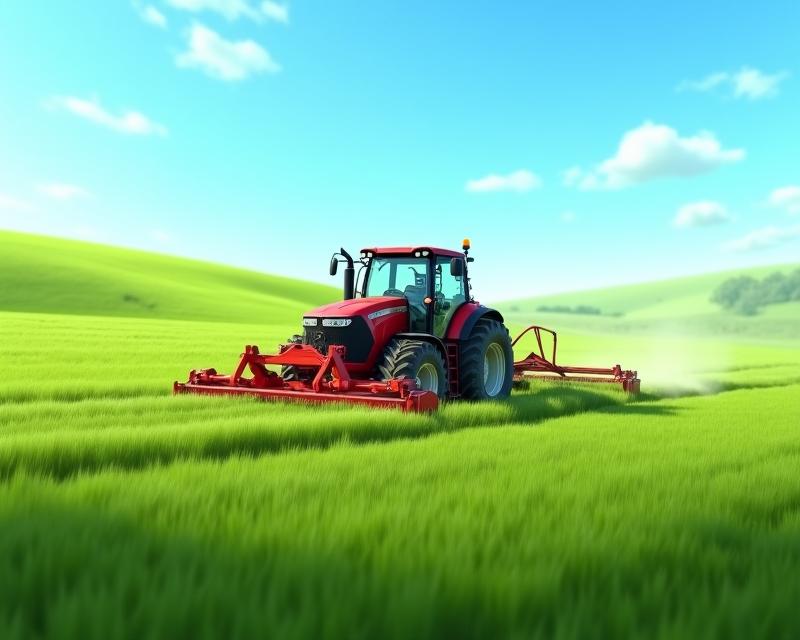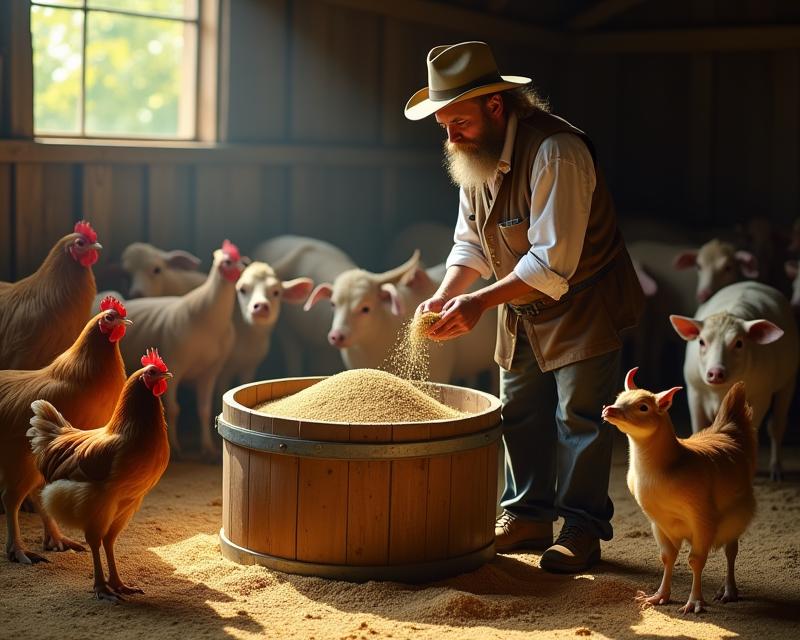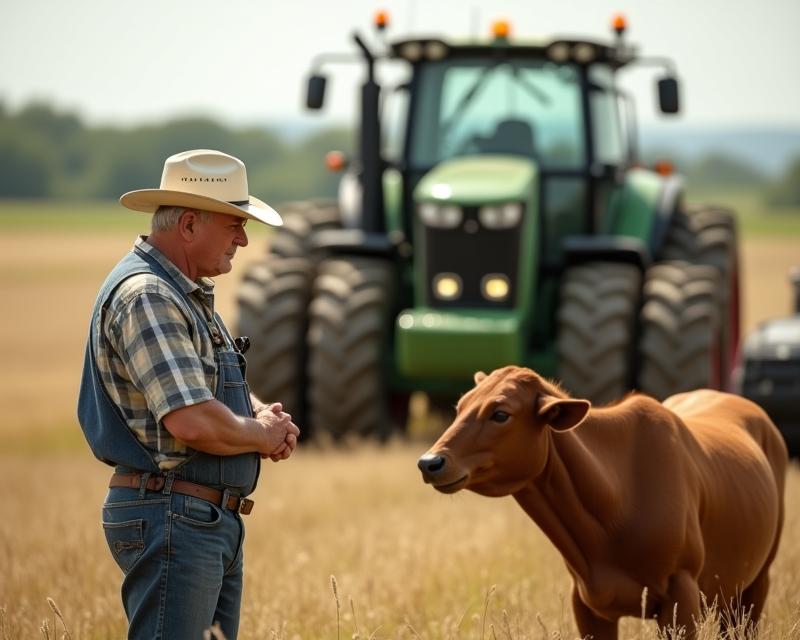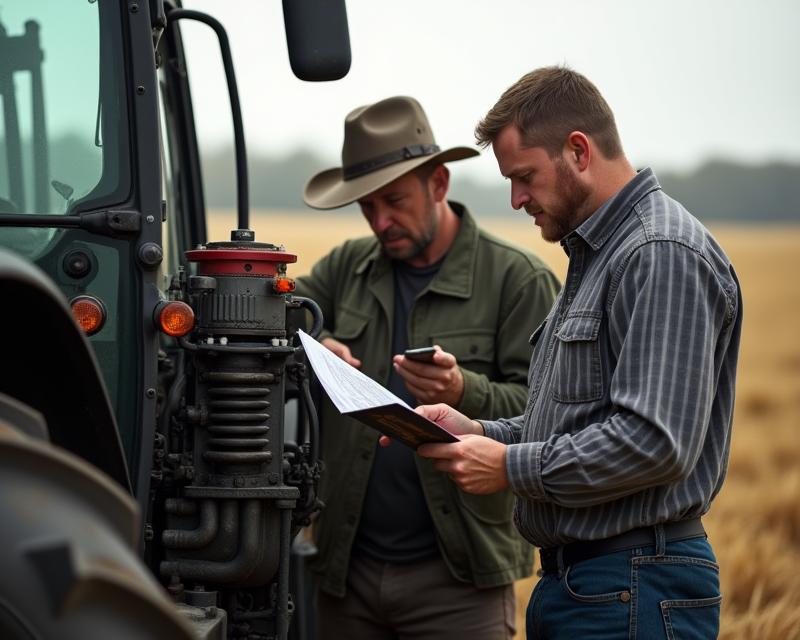Mowing Giants: Choosing a Mower for Large Fields
Publish in Farm Business el 28/06/2025 22:40
Mowing Giants: Choosing a Mower for Large Fields
Maintaining large fields requires efficient and reliable equipment, and when it comes to cutting grass and hay, the right mower is crucial. Choosing the correct mower isn't just about cost; it's about productivity, time savings, and ultimately, profitability. This article will guide you through the key considerations when selecting a mower for expansive agricultural operations.

Understanding Your Needs
Before diving into specific mower types, it's essential to assess your specific needs. Consider the size of your fields, the type of terrain (flat, hilly, uneven), the type of vegetation you're mowing (grass, hay, weeds), and the desired cutting quality. A small farm with relatively flat land might be adequately served by a smaller mower, while a large-scale hay operation will demand a more powerful and robust machine. Think about the speed at which you need to cover the area and the frequency of mowing. Also, factor in any obstacles like trees, fences, or irrigation systems.
Mower Types: A Breakdown
Several mower types are available, each with its own advantages and disadvantages. Rotary mowers are common and versatile, suitable for a wide range of grasses and terrains. They're generally more affordable than other options. Reel mowers offer a cleaner cut, ideal for hay production where a high-quality forage is desired. They are typically quieter and produce less dust than rotary mowers. Finish mowers are designed for creating a very fine, even cut, often used for final passes after a primary cut. Finally, self-propelled mowers can be beneficial on slopes or uneven ground, reducing operator fatigue. Consider whether you need a finish mower, a conditioner, or a rake to complement your mowing operation.
Key Features to Consider
Beyond the mower type, several features impact performance and durability. Look for a mower with a powerful engine, a sturdy frame, and reliable cutting blades. Consider the cutting width – a wider cutting width translates to faster coverage. Hydraulic controls are essential for adjusting cutting height and engaging/disengaging the blades. Safety features like blade brakes and rollover protection systems (ROPS) are non-negotiable. Don't forget about ease of maintenance; a mower with readily accessible filters and blades will save you time and money in the long run. Finally, consider the availability of parts and service in your area.
Investing in the Right Mower
Choosing the right mower is a significant investment. Research different brands and models, read reviews, and compare prices. Don't be afraid to consult with other farmers or agricultural equipment dealers for advice. A well-chosen mower will not only improve your efficiency but also contribute to the overall health and productivity of your farm. Regular maintenance is key to extending the life of your mower and ensuring optimal performance for years to come.





